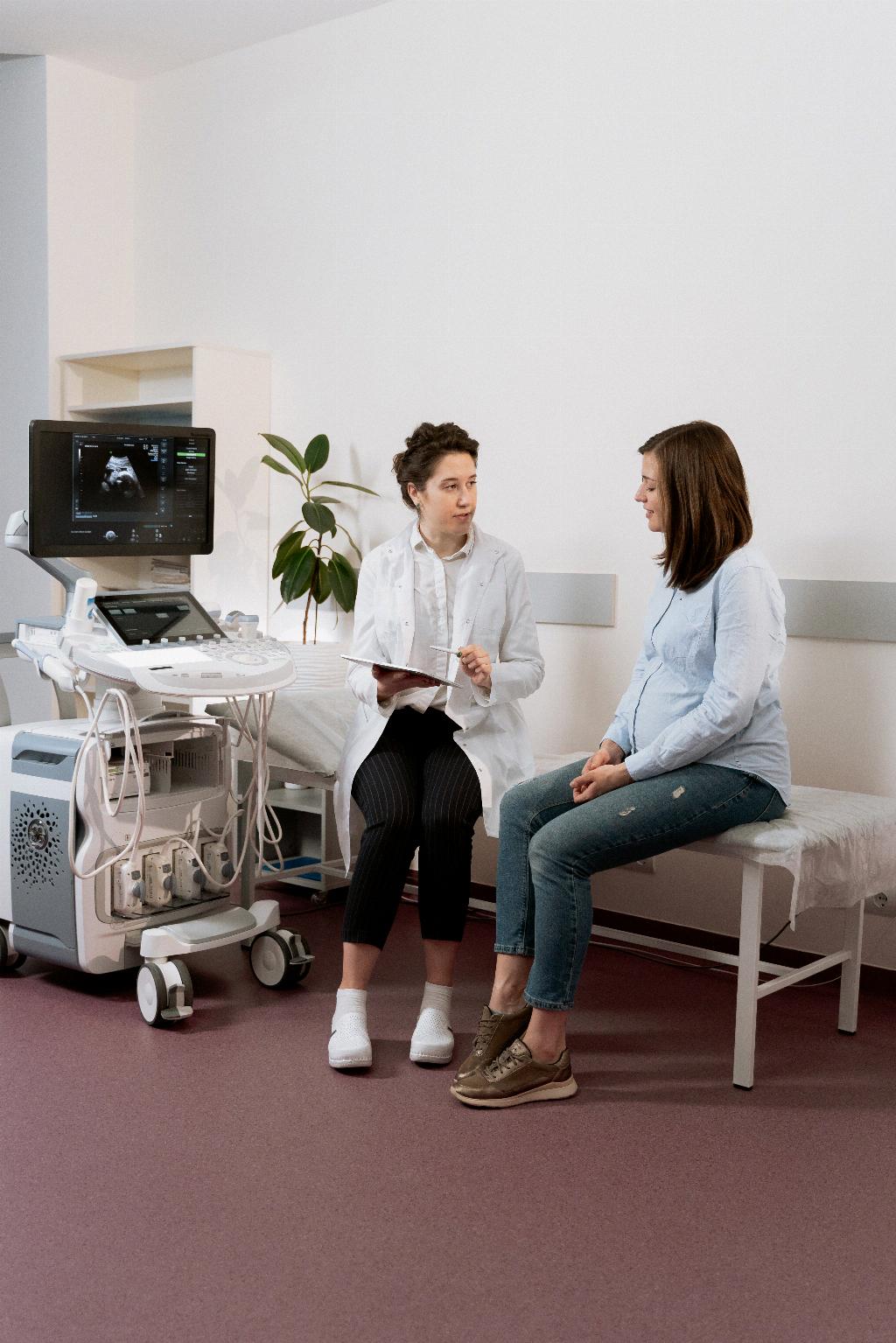When it comes to home pregnancy tests, accuracy is typically quite high. These tests are designed to detect the presence of human chorionic gonadotropin (hCG), a hormone produced during pregnancy. In fact, most home pregnancy tests boast an accuracy rate of up to 99%. This means that in the vast majority of cases, a positive result on a home pregnancy test indicates the presence of a pregnancy.
Factors Leading to False-Positive Results
While home pregnancy tests are extremely reliable, there are cases where they may produce a false-positive result. One common reason for this is improper usage of the test. Users must carefully follow the instructions provided with the test kit to ensure accurate results. Additionally, certain medications and medical conditions can interfere with the test and lead to a false-positive result.
Previous Abortions and Miscarriages
Women who have undergone abortions or experienced miscarriages in the past may also be at a higher risk of receiving a false-positive pregnancy test result. This is because the hCG hormone can linger in the body for a period of time after the termination of a pregnancy, potentially leading to a positive result on a pregnancy test even when no pregnancy exists.
The Role of Medications
Some medications, such as certain fertility drugs and medications containing hCG, can also cause a false-positive result on a pregnancy test. It is important to consult with a healthcare provider if you are taking any medications that may impact the accuracy of a home pregnancy test.
Consulting a Healthcare Provider
Given the potential for false-positive results on home pregnancy tests, it is crucial to consult with a healthcare provider after receiving a positive test result. A doctor can perform additional tests, such as a blood test, to confirm the presence of a pregnancy and provide appropriate guidance and care.
Emotional Impact of False Positives
Receiving a false-positive result on a pregnancy test can be emotionally challenging for individuals or couples who were not expecting or prepared for a pregnancy. It is important to seek support and guidance from healthcare professionals and loved ones during this time.
Managing Expectations
It is important to manage expectations when interpreting the results of a home pregnancy test. While a positive result is typically a strong indicator of pregnancy, there are factors that can lead to false-positive results. Taking proactive steps, such as consulting with a healthcare provider, can help clarify the situation.
Seeking Professional Advice
If you have any doubts or concerns regarding the accuracy of a home pregnancy test result, it is always best to seek professional advice. Healthcare providers have the expertise and resources to conduct further tests and provide the necessary support and guidance based on your individual circumstances.
Being Mindful of Test Sensitivity
It is also important to consider the sensitivity of the home pregnancy test being used. Some tests are more sensitive than others and may be able to detect lower levels of hCG in the body. Understanding the sensitivity of the test can help interpret the results more accurately.
Open Communication with Healthcare Providers
Open communication with healthcare providers is key when dealing with questions about the accuracy of pregnancy tests. Be honest about any medications you are taking, past pregnancies or medical procedures, and any concerns you may have. This transparency can lead to more effective guidance and care.
Conclusion: Importance of Verification
While home pregnancy tests are generally reliable, there are instances where false-positive results can occur. By consulting with healthcare providers and seeking further verification through blood tests or other methods, individuals can gain clarity and ensure accurate information regarding pregnancy status.

